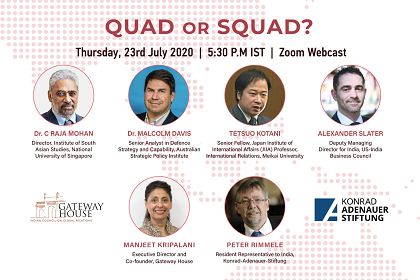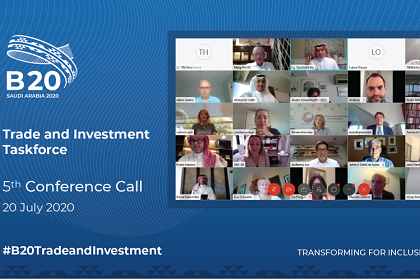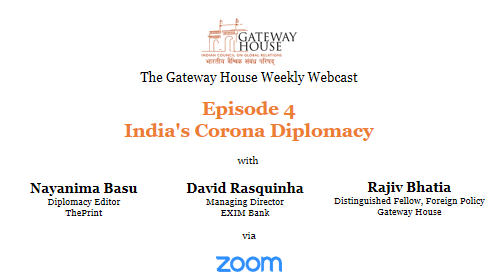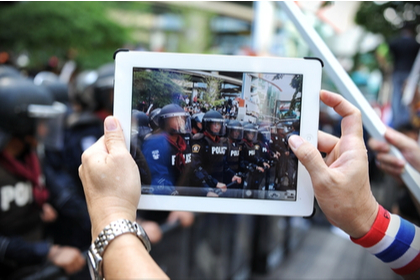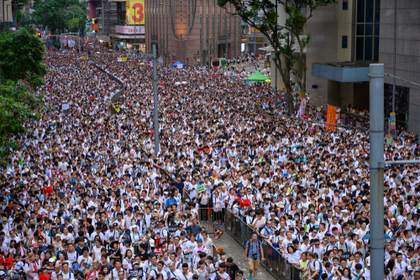A compelling case for Digital Service Tax
The current notions of physical ‘permanent establishment’ or tangible locational nexus are not well-suited for the taxation of modern digital economy, especially for taxation of business income, rents or revenue creating activities. In a Covid-19 wrecked global economy, where government revenues are under severe stress, there is a compelling case for a market country or the value-creating jurisdiction to tax the income or rents attributable to the concerned market or location.




